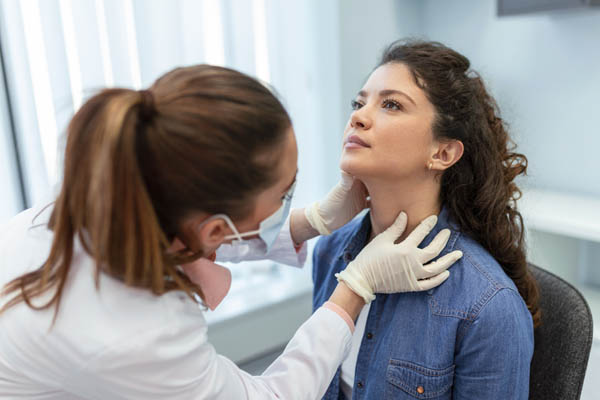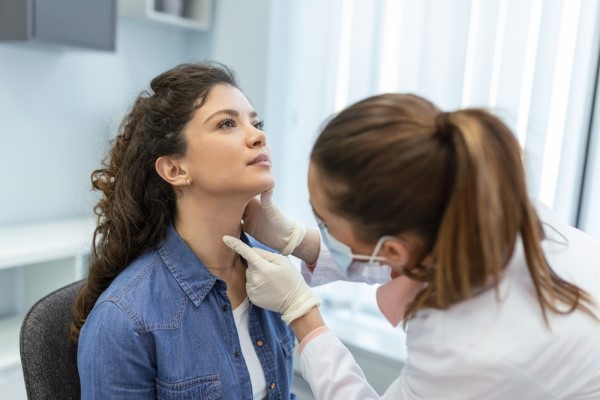Important Health Tips From a Primary Care Clinic

Staying healthy is important, as it leads to a long-lasting life and better energy. However, knowing how to stay healthy can be difficult. Thankfully, there are a ton of tips that primary care providers recommend to individuals of all ages, which can be used to improve and maintain health.
Primary care tips
Outlined below are a few health tips from a primary care clinic. These should be reviewed and taken into consideration when looking to achieve and maintain good health.
Eat a balanced diet
One of the most important tips that primary care clinics recommend to stay healthy is to eat a balanced diet. A good and balanced diet is necessary for everyone because it ensures that the appropriate nutrients are going into the body. The following dieting tips are recommended by primary care providers.
- Eat many kinds of fruits and vegetables
- Eat plenty of protein
- Avoid excessive carbohydrate consumption
- Only consume low-fat dairy products
- Limit sugar consumption
- Stay away from sugary beverages
Exercise regularly
Another primary care tip that helps improve and maintain health is to exercise on a regular basis. Individuals should exercise for at least 30 minutes each day, even if it is just a simple walk around the neighborhood. Exercising gets the body moving, which encourages weight maintenance and a healthy heart.
Stay hydrated
An important but often overlooked part of healthcare is hydration. Many individuals consume beverages that are high in sugar or caffeine, which do not necessarily promote good health. Instead, it is necessary to drink water often! Water powers the body and encourages good health.
Vitamins
Vitamins are an important part of maintaining good health. Some people's diets do not contain every single nutrient that is necessary to maintain good health, which is why vitamins might be a good option. Primary care providers can check a patient's vitamin levels to determine if they are deficient.
Get a good night's rest
Another important health tip is to get a good night's rest. Sleep is important for the body and mind as it allows for rest and a break. Most primary care providers recommend that one sleeps for at least eight to 10 hours every night.
Check-ups
Lastly, it is crucial that individuals of all ages undergo routine check-ups with their primary care providers. These should be done at least once a year to ensure good health. Primary care providers can check for any abnormalities that may indicate a health condition. Additionally, routine check-ups give the patient a chance to discuss any medical concerns they have.
Find out more from a primary care clinic
When looking to find out more about staying healthy, it can be helpful to consult with a primary care provider. An evaluation can be done to determine if there are further tips that can be implemented in one's life. Reach out today to learn more or to get started!
Request an appointment here: https://www.janeylhammonsnpc.com or call Janey L Hammons NP-C at (580) 922-4406 for an appointment in our Seiling office.
Check out what others are saying about our services on Yelp: Primary Care in Seiling, OK.
Recent Posts
Women's health exams help ensure overall health while screening for conditions and health risks. Not only will the doctor help with any current symptoms, but they can also screen for conditions like breast and cervical cancer in otherwise healthy patients. Despite the importance of these exams, it is common to feel uncomfortable about receiving them.…
Adult sick visits help with sudden medical needs in between checkups. Mild to moderate illness or injury does not always get better with home care alone. When this happens, adult sick visits can help people feel better faster and get back to their lives.Adult sick visits are appointments patients make with a doctor when they…
Sports physicals, or preparticipation physical evaluations (PE), are necessary to ensure a young athlete's safety when performing their chosen sport. Though they may seem intimidating, these evaluations can greatly improve athletes' chances of qualifying for their desired sport and help them better adjust to pain points within their performance and body. Learning what to expect…
A general practitioner, or GP, can help patients with acute and chronic health conditions. They can provide referrals to specialists and other healthcare providers, as well. Learn about the many services you can find at a general practitioner’s office.General practitioners are often referred to as primary care providers, or PCPs, as they serve as a…


